Nominated innovations
1000 innovative clean energy solutions and > 150 framework enablers with the potential to deliver more than twelve gigatonnes of avoided emissions by 2030
These assessments are based on a basic avoided emission assessment. The overall concept of avoided emissions is that a solution (product or service) enables the same function to be performed with significantly less GHG emissions. The method of measuring avoided emissions, is to compare a baseline scenario without the enabling solution, with a scenario using the enabling solution; whereby the baseline represents the ‘business as usual’ (BAU) scenario.
These assessments are based on the framework document: The Avoided Emissions Framework (AEF) from September 2020
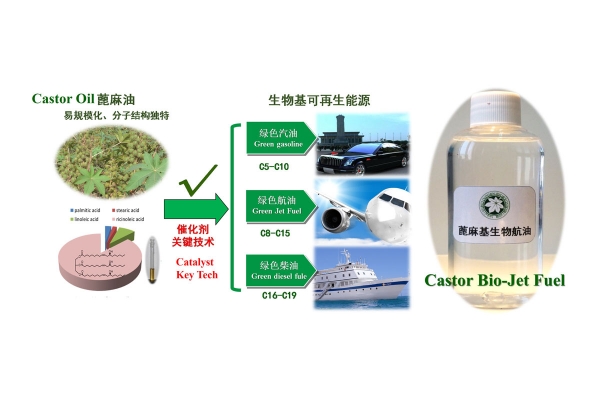
Castor bio-based aviation fuel
Tianjin Castor Energy has developed the castor bio-based aviation fuel. The technique can produce high bio-aviation fuel yields by hydrodeoxygenation , hydro-cracking and hydro-isomerization reaction, and the properties meet the standards ASTM D7566. Moreover, the products do not contain sulfur, phosphorus and heavy metal. The company claims that the cleanliness and low-temperature fluidity of the bio-aviation fuel are superior to those of petroleum-based aviation fuels. The raw material supply is wildly available making it one of the most cost-efficient bio-based aviation fuels so far.
China
≈10

Tianjin Castor Energy S&T Co., Ltd
Castor bio-based aviation fuel
Tianjin Castor Energy has developed the castor bio-based aviation fuel. The technique can produce high bio-aviation fuel yields by hydrodeoxygenation , hydro-cracking and hydro-isomerization reaction, and the properties meet the standards ASTM D7566. Moreover, the products do not contain sulfur, phosphorus and heavy metal. The company claims that the cleanliness and low-temperature fluidity of the bio-aviation fuel are superior to those of petroleum-based aviation fuels. The raw material supply is wildly available making it one of the most cost-efficient bio-based aviation fuels so far.
≈10Mt CO2e/year
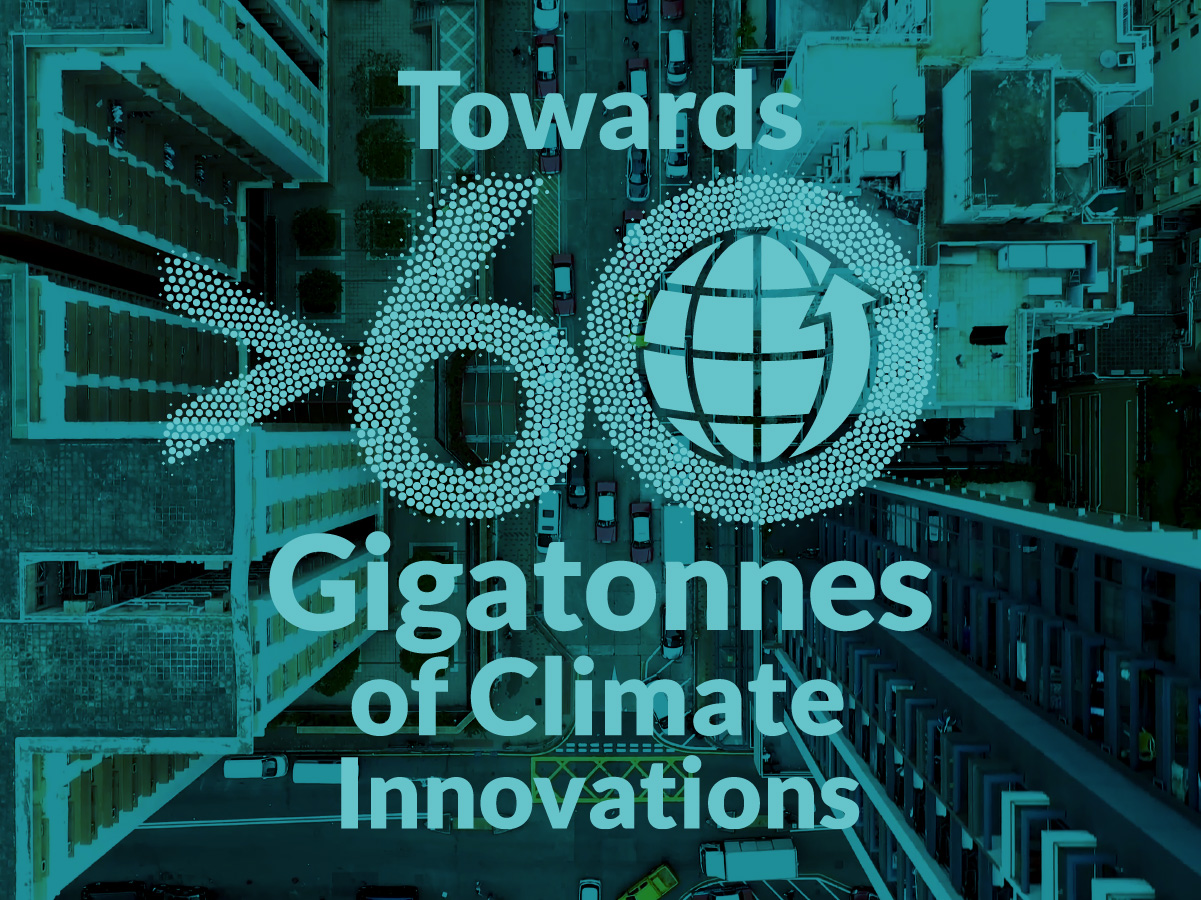
Active acoustic spectroscopy
The Active Acoustic Spectroscopy is a device that can measure different parameters, such as e.g. density and viscosity, in different flowing matters in pipes. This is done by analysing how the acoustics in a pipe is affected by the flowing matters. With the help of this, data analysis can be done to optimise production processes within industries. Analysis optimisations may increase e.g. material yield or energy output. The Active Acoustic Spectroscopy can be used in different industries, but the focus market is pulp and paper industries to begin with.
Sweden
≈10

Acosense AB
Active acoustic spectroscopy
The Active Acoustic Spectroscopy is a device that can measure different parameters, such as e.g. density and viscosity, in different flowing matters in pipes. This is done by analysing how the acoustics in a pipe is affected by the flowing matters. With the help of this, data analysis can be done to optimise production processes within industries. Analysis optimisations may increase e.g. material yield or energy output. The Active Acoustic Spectroscopy can be used in different industries, but the focus market is pulp and paper industries to begin with.
≈10Mt CO2e/year
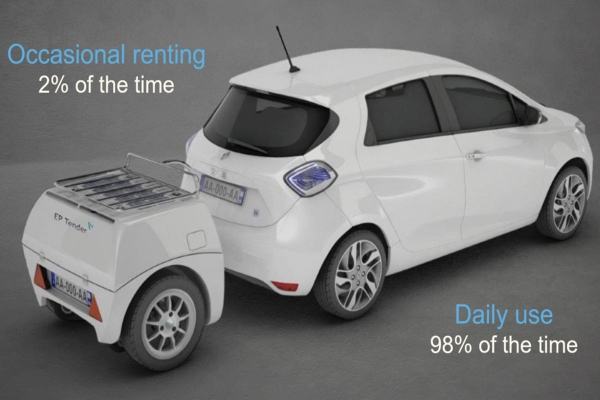
Batteries for EV range extension and grid services
EP Tender is a company providing services relevant in the area of electrical mobility. The company is focused on mechanical design and tuning, electrical system development and integration, design and coding of the control algorithms, modeling and managing the rental platform and network, and equipping their clients' cars with the additional charging interface. The interface takes the form of a tow-behind attachment to provide additional storage for electric transport solutions. The business model uses a customer driven tender system to charge and exchange batteries.
France
≈10

EP Tender
Batteries for EV range extension and grid services
EP Tender is a company providing services relevant in the area of electrical mobility. The company is focused on mechanical design and tuning, electrical system development and integration, design and coding of the control algorithms, modeling and managing the rental platform and network, and equipping their clients' cars with the additional charging interface. The interface takes the form of a tow-behind attachment to provide additional storage for electric transport solutions. The business model uses a customer driven tender system to charge and exchange batteries.
≈10Mt CO2e/year

Early wildfire detection system
ACOT systems is an early bushfire detection system that uses optical and thermal sensors with automated movement that increases surveillance frequency. Each image is analysed with artificial intelligence algorithms to detect signs of fire. Upon finding one, an alert is initiated, indicating the most likely geolocation of the fire to the authorities responsible for controlling and extinguishing it. Detecting wildfires can protect infrastructure or sensitive environments from uncontrolled bushfire outbreaks.
Chile
≈10

ACOT Systems
Early wildfire detection system
ACOT systems is an early bushfire detection system that uses optical and thermal sensors with automated movement that increases surveillance frequency. Each image is analysed with artificial intelligence algorithms to detect signs of fire. Upon finding one, an alert is initiated, indicating the most likely geolocation of the fire to the authorities responsible for controlling and extinguishing it. Detecting wildfires can protect infrastructure or sensitive environments from uncontrolled bushfire outbreaks.
≈10Mt CO2e/year

Doubling biopower plant electrical efficiency
Today's established technology for bio power is the steam cycle, in which 30 percent of the energy input results in electricity, with the remainder being heat and energy losses. Bio power plants are therefore primarily heating plants and, secondly, producers of electricity. Phoenix Biopower's technology has developed a different thermodynamic process. The first step is that the fuel is gasified under high pressure together with steam. The gas formed then drives a gas turbine where steam is used to optimize combustion. With this technology, efficiency is doubled, and electricity can be produced with up to 60 percent of the energy input.
Sweden
≈10

Phoenix Biopower AB
Doubling biopower plant electrical efficiency
Today's established technology for bio power is the steam cycle, in which 30 percent of the energy input results in electricity, with the remainder being heat and energy losses. Bio power plants are therefore primarily heating plants and, secondly, producers of electricity. Phoenix Biopower's technology has developed a different thermodynamic process. The first step is that the fuel is gasified under high pressure together with steam. The gas formed then drives a gas turbine where steam is used to optimize combustion. With this technology, efficiency is doubled, and electricity can be produced with up to 60 percent of the energy input.
≈10Mt CO2e/year

Sustainable products from rise hull-based nano materials
Consulting and Energy develops and produces sustainable products based on nanomaterials obtained from the recovery of rice husk waste that would otherwise end up on landfills. The husk is initially used as fuel for energy production in a biomass plant that has an ash yield of 20%, which is the basis for several businesses lines that have been developed by the company: production of solar grade silicon, lithium battery material, aerogels for water irrigation, an enzymatic catalyst and structural insulated panel with an insulation sheet of aggregated rice husk.
Chile
≈10

Consulting and Energy
Sustainable products from rise hull-based nano materials
Consulting and Energy develops and produces sustainable products based on nanomaterials obtained from the recovery of rice husk waste that would otherwise end up on landfills. The husk is initially used as fuel for energy production in a biomass plant that has an ash yield of 20%, which is the basis for several businesses lines that have been developed by the company: production of solar grade silicon, lithium battery material, aerogels for water irrigation, an enzymatic catalyst and structural insulated panel with an insulation sheet of aggregated rice husk.
≈10Mt CO2e/year
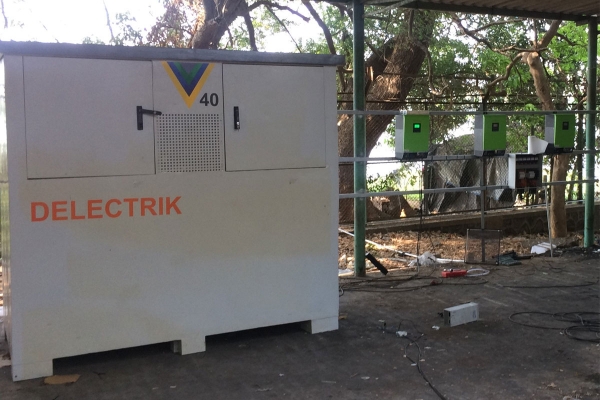
Redox flow battery for energy storage
Delectrik Systems has developed energy storage products based on vanadium redox flow battery technology. Unlike solid-state batteries, such as lead/lithium, a flow battery has a simple one-electron reaction in the aqueous phase, which gives it a very long cycle and shelf life with the potential to match the lifetime of renewables (25 years). The cost of the product is low enough that Delectrik claims it is competitive on upfront capex even at low manufacturing volumes compared to other solid-state batteries. The lifecycle cost could also be significantly lower than other competing technologies.
India
≈10

Delectrik Systems Private Limited
Redox flow battery for energy storage
Delectrik Systems has developed energy storage products based on vanadium redox flow battery technology. Unlike solid-state batteries, such as lead/lithium, a flow battery has a simple one-electron reaction in the aqueous phase, which gives it a very long cycle and shelf life with the potential to match the lifetime of renewables (25 years). The cost of the product is low enough that Delectrik claims it is competitive on upfront capex even at low manufacturing volumes compared to other solid-state batteries. The lifecycle cost could also be significantly lower than other competing technologies.
≈10Mt CO2e/year
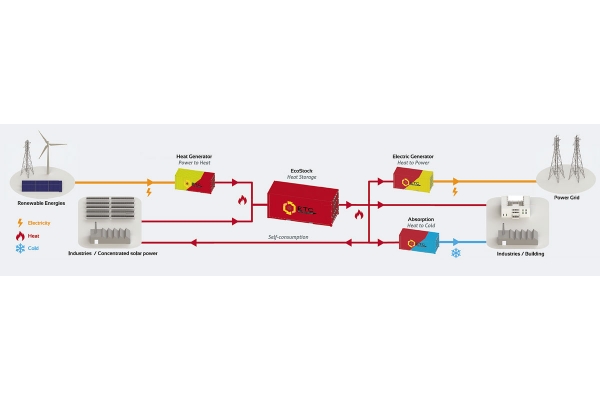
Modular thermal energy storage units
ECO-TECH CERAM (ETC) is an innovative company specialized in thermal storage, energetic efficiency, and industrial wastes valuation recovery and advanced materials characterization. ETC has produced ceramic materials with great thermal properties. The materials have been used to develop a new heat recovery method–EcoStock. Eco-Stock is a turnkey eco-efficient thermal storage solution for high-temperature thermal applications.
France
≈10

Eco-Tech Ceram
Modular thermal energy storage units
ECO-TECH CERAM (ETC) is an innovative company specialized in thermal storage, energetic efficiency, and industrial wastes valuation recovery and advanced materials characterization. ETC has produced ceramic materials with great thermal properties. The materials have been used to develop a new heat recovery method–EcoStock. Eco-Stock is a turnkey eco-efficient thermal storage solution for high-temperature thermal applications.
≈10Mt CO2e/year
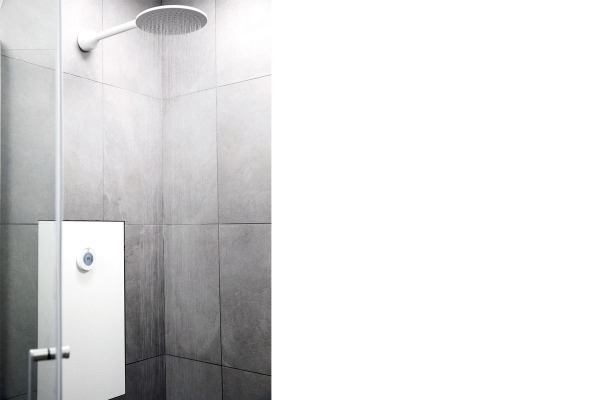
Water recirculating shower
Orbital Systems developed a real-time water purification technology, implemented in its recirculating shower which results in domestic water savings. In the shower, the water from the drain is collected, purified and looped back to be re-used, enabling water and energy savings. According to the company, their solution results in up to 90% of the water and 80% of the heating energy being saved, while at the same time delivering cleaner water compared to conventional showers. The technology is based on what is used today by NASA for space missions.
Sweden
≈10

Orbital Systems AB
Water recirculating shower
Orbital Systems developed a real-time water purification technology, implemented in its recirculating shower which results in domestic water savings. In the shower, the water from the drain is collected, purified and looped back to be re-used, enabling water and energy savings. According to the company, their solution results in up to 90% of the water and 80% of the heating energy being saved, while at the same time delivering cleaner water compared to conventional showers. The technology is based on what is used today by NASA for space missions.
≈10Mt CO2e/year
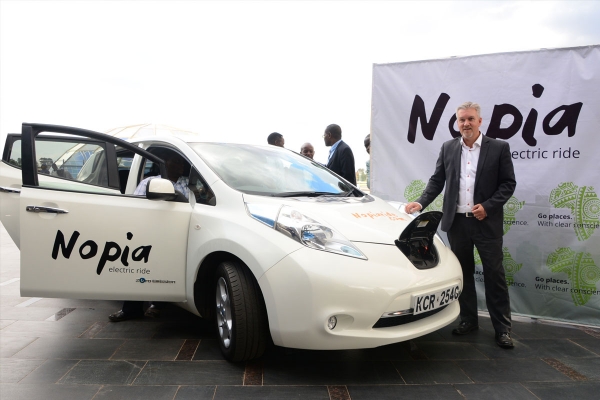
Electric powered taxi services
Ekorent provides a taxi hailing service based on electric vehicles and renewable energy, and is therefore environmentally friendly when the electricity comes from renewable energy sources. The service, called Nopia ride, is intended to be an easy to hail, affordable and 100 % emission-free way to get around. Nopia is now available in Nairobi, Kenya. Their mission is to reduce harmful air-pollution and offer affordable electric rides to everyone.
Finland
≈10

EkoRent
Electric powered taxi services
Ekorent provides a taxi hailing service based on electric vehicles and renewable energy, and is therefore environmentally friendly when the electricity comes from renewable energy sources. The service, called Nopia ride, is intended to be an easy to hail, affordable and 100 % emission-free way to get around. Nopia is now available in Nairobi, Kenya. Their mission is to reduce harmful air-pollution and offer affordable electric rides to everyone.
≈10Mt CO2e/year